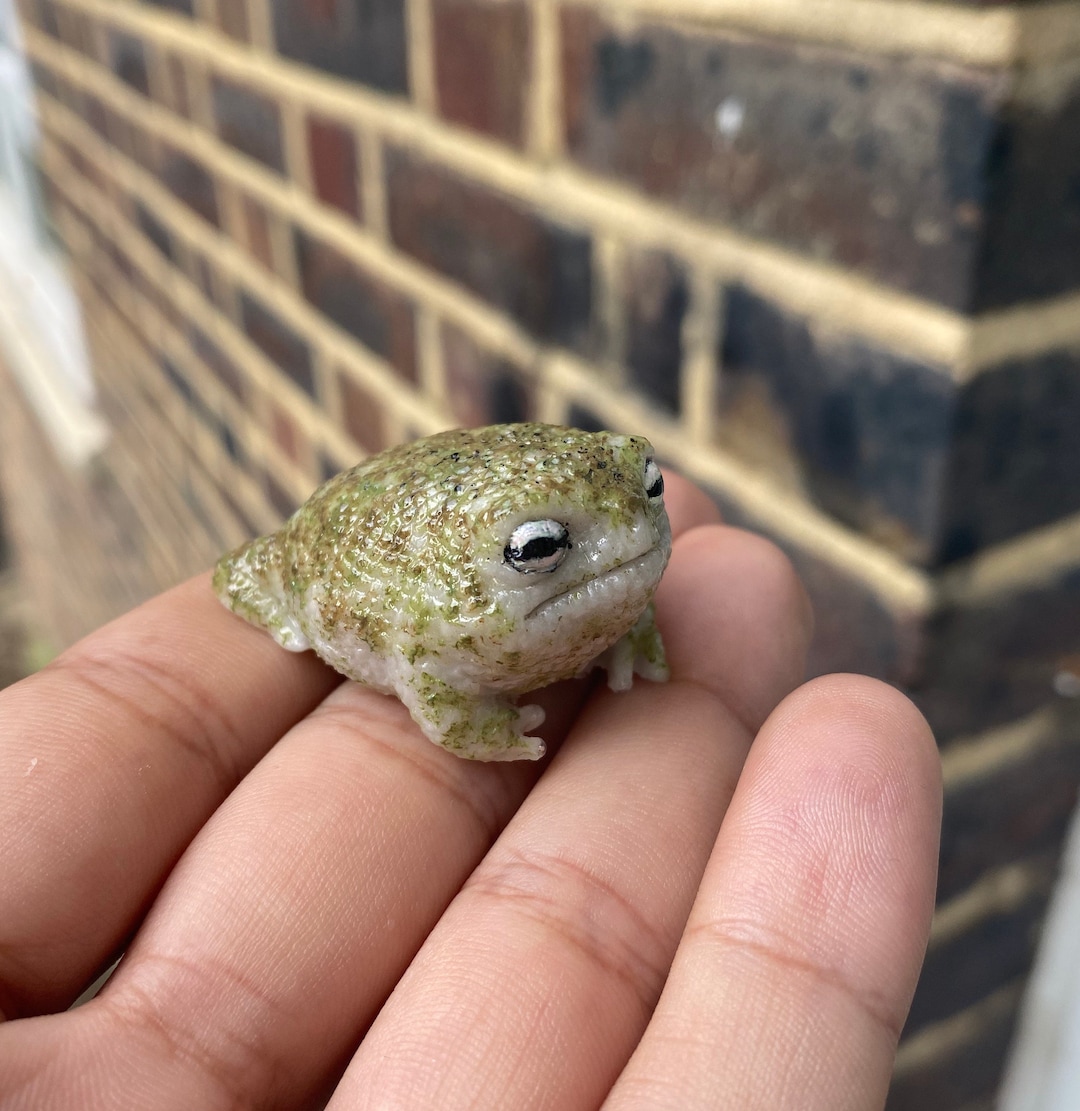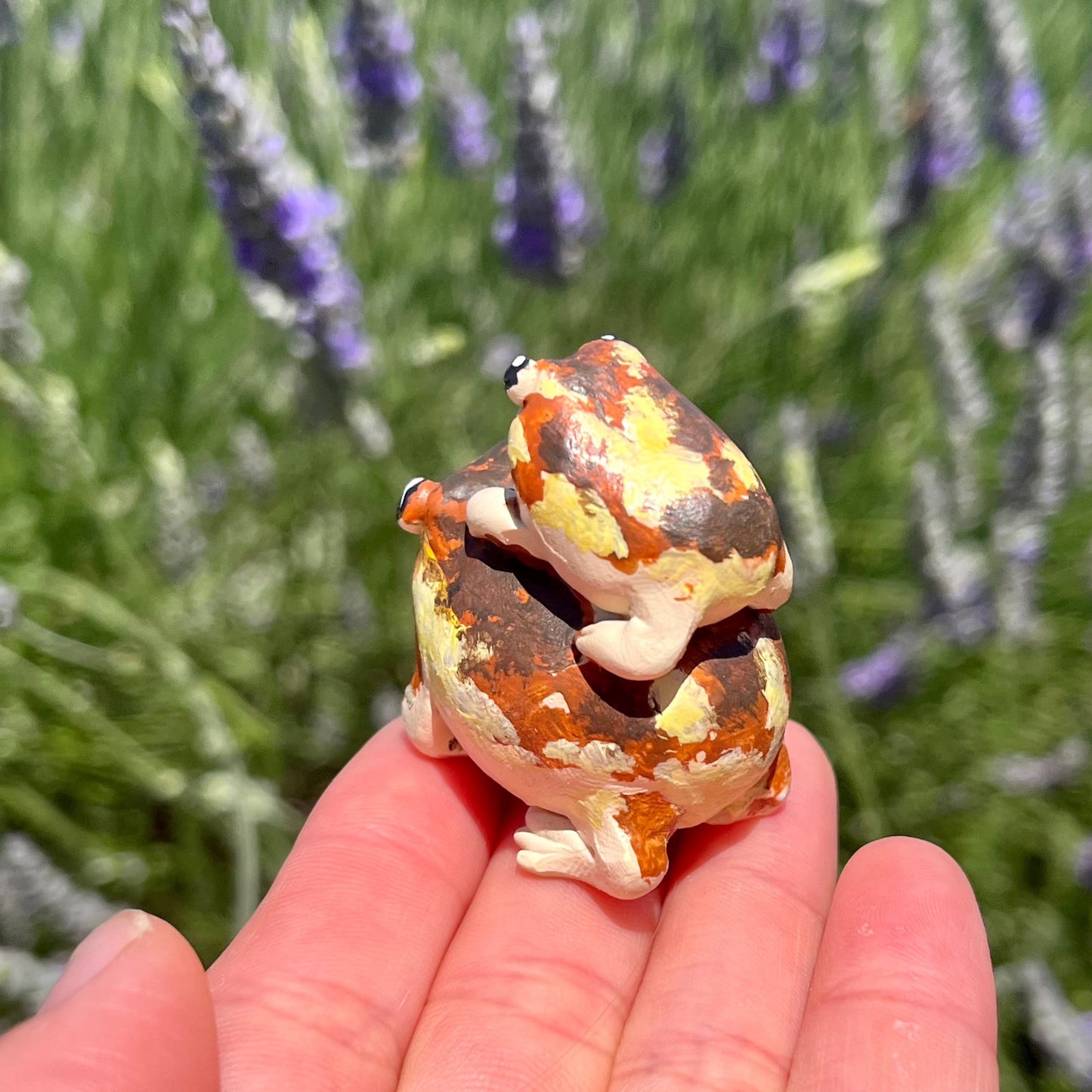Rain Frog for Sale: Unlock the Charm of Nature with Your Own Amphibian Companion!
Rain Frog for Sale: Unlock the Charm of Nature with Your Own Amphibian Companion!
Blog Article
Common Wellness Issues in Reptiles: Signs And Symptoms and Solutions
In the complex globe of reptile care, understanding the common wellness problems that might impact these distinct animals is extremely important in guaranteeing their well-being. Whether it's grappling with parasitical invasions, navigating dehydration worries, or resolving skin conditions that materialize in subtle means, being attuned to the signs and furnished with the understanding of efficient services is crucial for any type of reptile proprietor.
Respiratory System Infections
Breathing infections in reptiles can substantially affect their overall health and wellness and require prompt focus from skilled veterinarians. These infections are commonly triggered by bacteria, fungis, or infections and can manifest with symptoms such as wheezing, nasal discharge, open-mouth breathing, and lethargy. In reptiles, respiratory system infections can be particularly testing to detect and treat because of their special anatomy and physiology. Veterinarians typically rely on a mix of checkups, diagnostic imaging, and laboratory tests to precisely recognize the underlying source of the infection.
Treatment for respiratory infections in reptiles usually includes a mix of helpful care, such as keeping proper humidity levels and temperature level gradients in the room, as well as targeted medicine to resolve the particular pathogen in charge of the infection. It is important for reptile owners to monitor their pets carefully for any type of indications of respiratory distress and seek veterinary treatment at the earliest sign of a problem. With prompt treatment and appropriate therapy, several reptiles can recoup completely from respiratory infections and return to regular tasks.

Metabolic Bone Illness
What aspects add to the development of Metabolic Bone Illness in reptiles?
Metabolic Bone Condition (MBD) in reptiles is primarily triggered by a lack of appropriate calcium, phosphorus, and vitamin D3 levels in their diet plan. When reptiles do not receive appropriate calcium, either via their food or proper UVB exposure for vitamin D3 synthesis, they are at a high risk of creating MBD. Reptiles with diets low in calcium or imbalanced calcium to phosphorus proportions are specifically prone. In addition, insufficient exposure to UVB light prevents reptiles from manufacturing vitamin D3, which is essential for calcium absorption and bone wellness.
Other adding aspects to MBD consist of incorrect temperature level gradients within the reptile's environment, leading to decreased metabolic process and impaired calcium absorption. Inadequate humidity degrees can additionally impact a reptile's capacity to metabolize calcium successfully. Additionally, particular reptile species have particular nutritional needs that, if not met, can enhance the likelihood of establishing MBD. Normal veterinary examinations, proper husbandry techniques, and a balanced diet regimen are important to stop Metabolic Bone Condition in reptiles.
Parasitic Problems
Parasitic invasions present a significant health and wellness risk to reptiles, influencing their overall well-being and needing timely vet interest. Reptiles can be impacted by numerous parasites, including termites, ticks, interior worms, and protozoa. These bloodsuckers can trigger a variety of signs and symptoms, such as weight-loss, lethargy, skin irritation, looseness of the bowels, and even death if left neglected.
One common parasite located in reptiles is the mite, which can cause skin anxiety, irritation, and anemia. Ticks are one more outside parasite that can create and send conditions pain to the reptile. Internal parasites like worms and protozoa can result in digestive system issues, lack of nutrition, and compromise the reptile's immune system.
To identify a parasitic infestation, a vet might carry out fecal tests, skin scrapings, or blood tests. Therapy often includes deworming drugs, antiparasitic content baths, or in serious instances, a hospital stay. Preventative actions such as routine vet check-ups, correct hygiene, and quarantine procedures for brand-new reptiles can assist minimize the threat of parasitical invasions and make sure the health of reptile pet dogs.
Dehydration and Hydration Issues
Dehydration in reptiles can substantially affect their wellness and wellness, necessitating prompt intervention and proper hydration monitoring. Reptiles are susceptible to dehydration due to numerous factors such as poor water intake, high environmental temperatures, and particular health problems. Symptoms of dehydration in reptiles include sunken eyes, sleepiness, loss of skin read the article elasticity, and reduced urination. If left untreated, dehydration can cause serious wellness problems and also be deadly to the reptile.
To avoid dehydration, reptile owners must make sure that their pet dogs have accessibility to clean water in all times. The water meal should be big enough for the reptile to soak in if needed, especially for species that soak up water through their skin. Additionally, maintaining proper moisture degrees in the reptile's enclosure and offering regular baths can assist prevent dehydration.
In cases of dehydration, it is essential to seek vet care promptly. A vet may administer fluids either by mouth or with shots to rehydrate the reptile. It is necessary to address the underlying reason for dehydration to stop reappearance and make certain the reptile's overall well-being.
Skin Disorders

Conclusion

Respiratory infections in reptiles can dramatically influence their total health and wellness and call for punctual focus from seasoned vets (rain frog for sale). Preventative steps such as routine vet check-ups, proper health, and quarantine procedures for new reptiles can aid minimize the threat of parasitical infestations and make certain the well-being of reptile family pets
If left without treatment, dehydration can lead to major wellness concerns and even be deadly to the reptile.
Consistently examining your reptile for any kind of changes in skin appearance, color, or texture can aid in early discovery and therapy of skin disorders, promoting the total health and well-being of your scaly buddy. - rain frog for sale
In verdict, reptiles are prone to various wellness problems such as breathing infections, metabolic bone condition, parasitical infestations, dehydration, and skin disorders.
Report this page